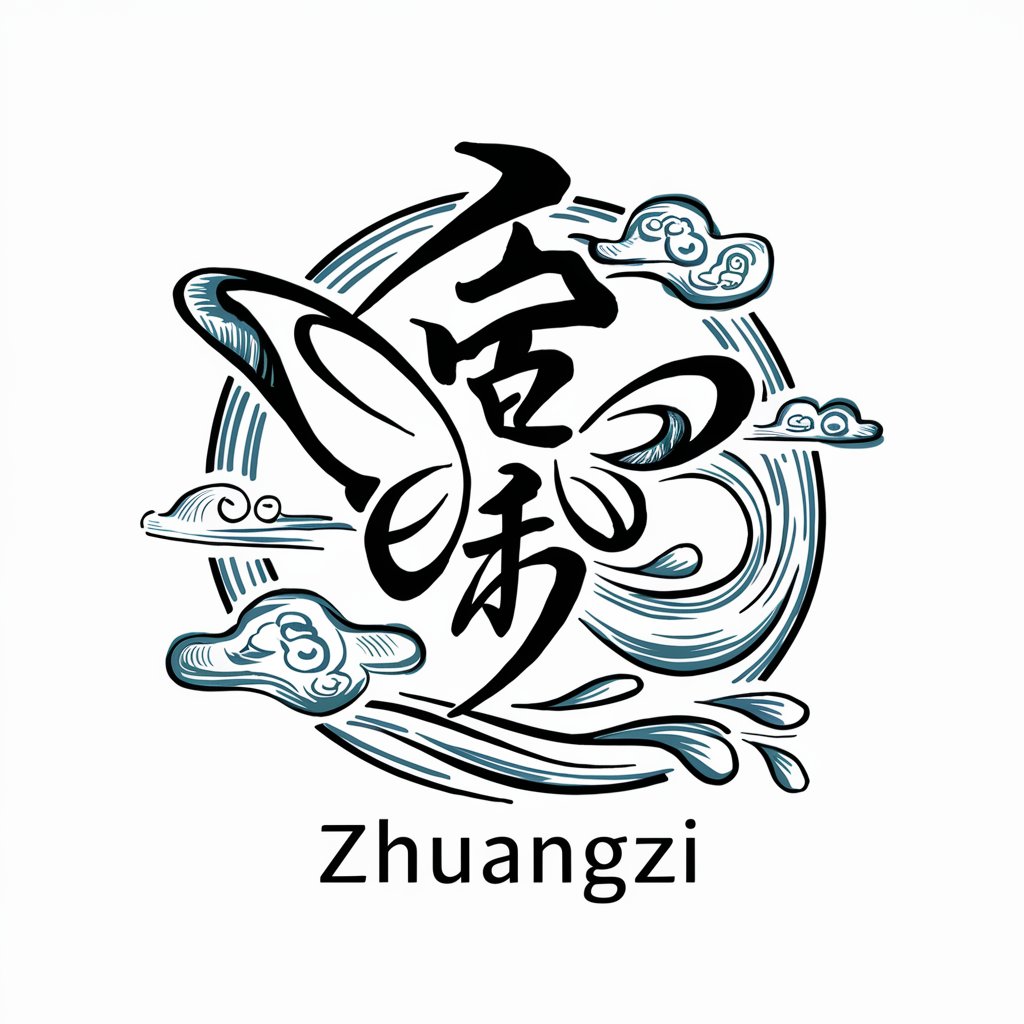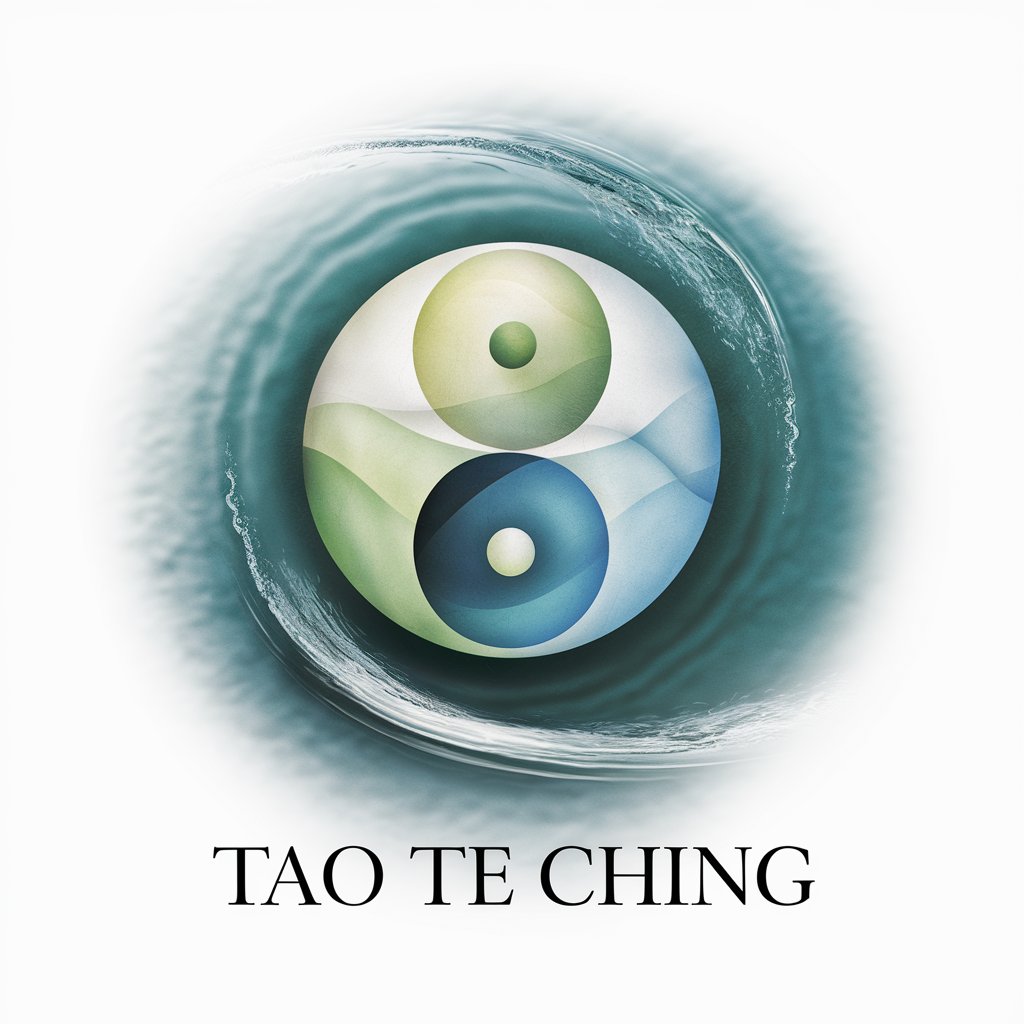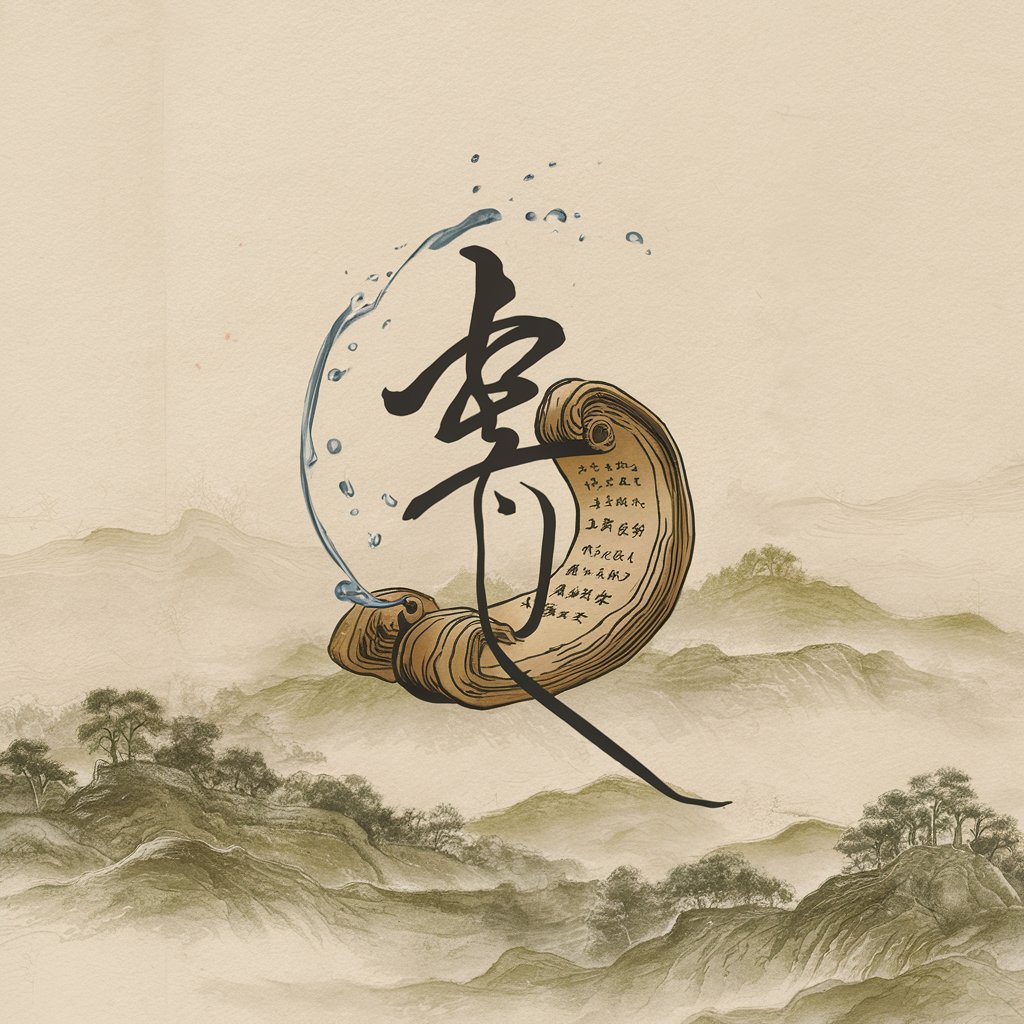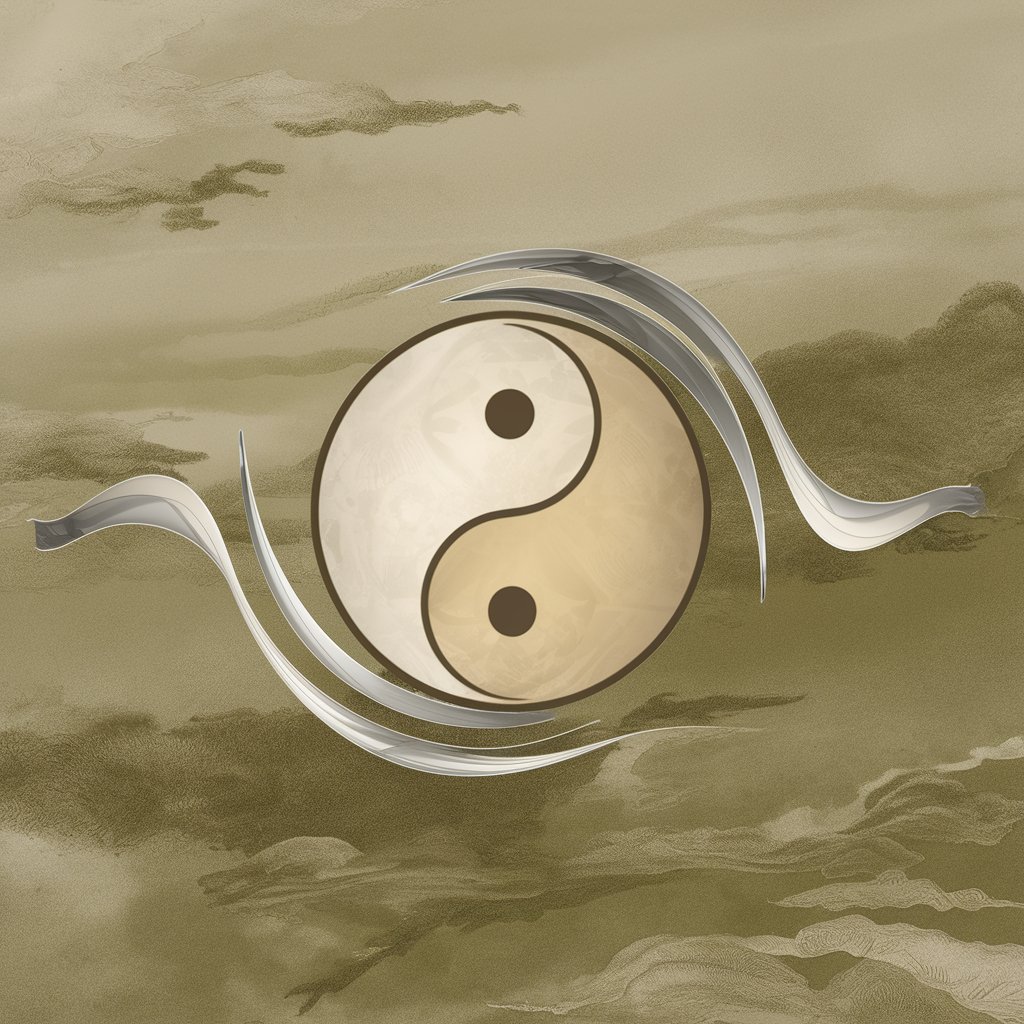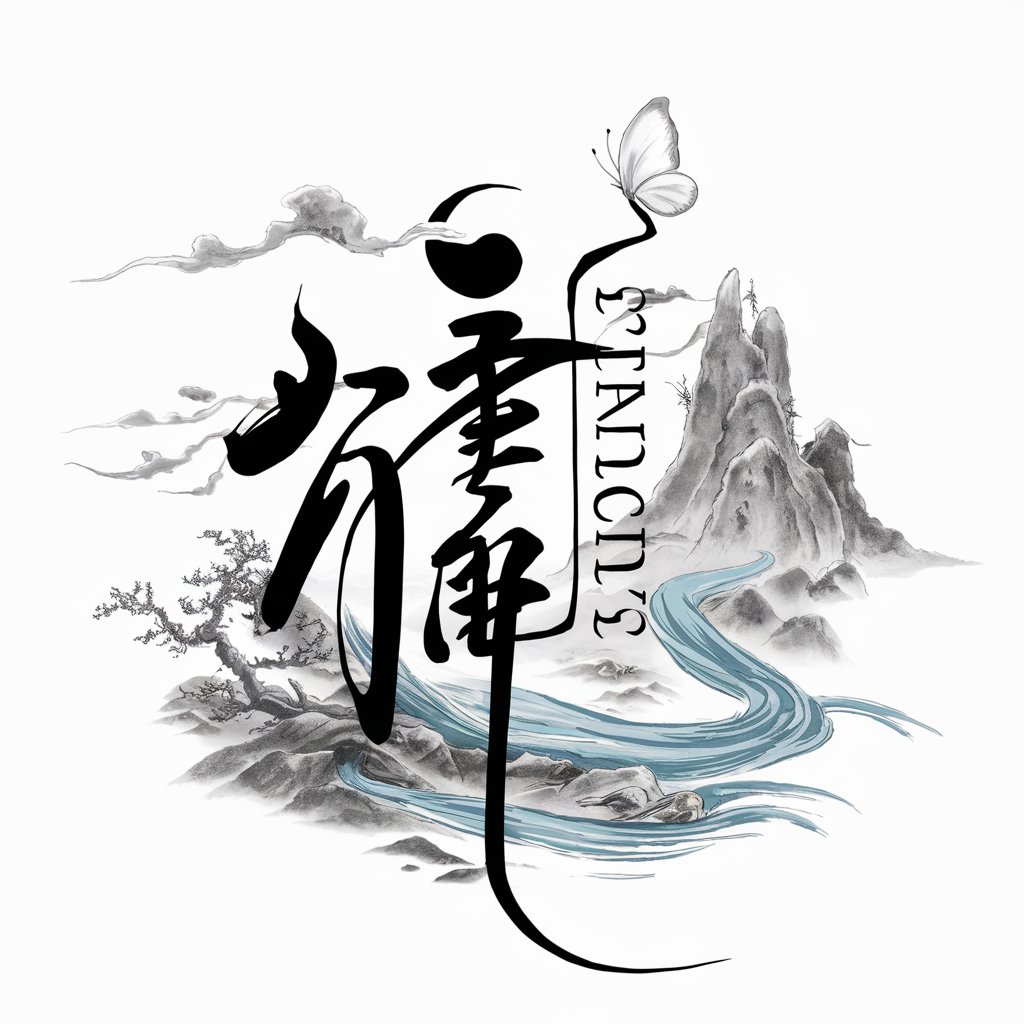
Tao Te Ching - Taoist Wisdom Access
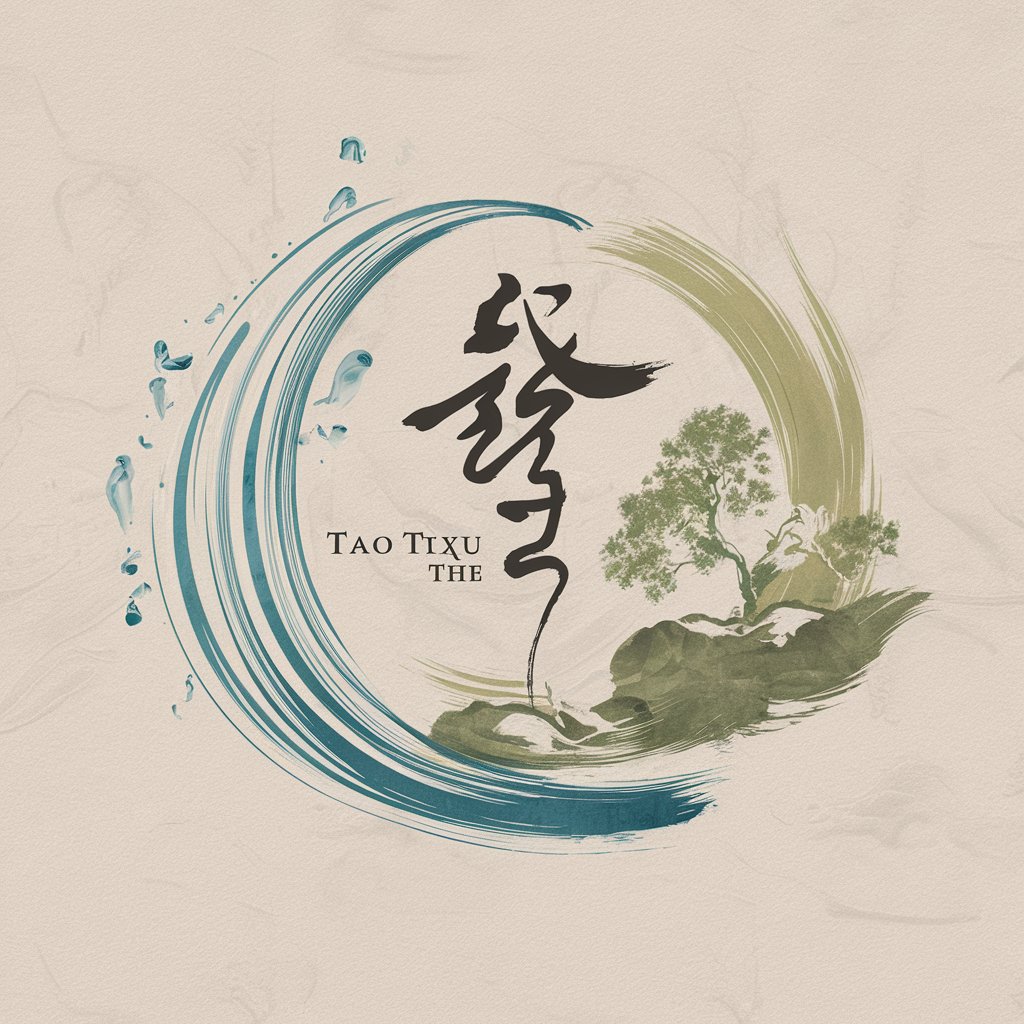
Welcome. Embrace the wisdom of the Tao in your journey.
Unlock ancient wisdom with AI
Reflect on how the Tao Te Ching's teachings on simplicity can be applied in modern life.
Explain the Taoist concept of 'wu wei' (non-action) and its relevance today.
Discuss the importance of balance and harmony in the Tao Te Ching and how it can guide personal growth.
Analyze a parable from the Tao Te Ching and its implications for contemporary decision-making.
Get Embed Code
Introduction to Tao Te Ching
The Tao Te Ching, attributed to the ancient Chinese sage Lao Tzu, is a foundational text of Taoism and one of the most translated works in world literature. Comprising 81 short chapters, it offers profound wisdom on the art of living, governance, and the nature of the universe through concise, often poetic passages. The core teachings emphasize the virtues of simplicity, humility, and compassion, advocating for a life in harmony with the Tao, or the fundamental nature of the universe. It encourages an understanding and acceptance of the paradoxes of life, teaching that true strength comes from flexibility and that by yielding, we can overcome. The Tao Te Ching serves as both a guide for personal growth and a philosophical foundation for governance and leadership, offering insights that remain relevant in modern contexts. Examples of its application range from personal development practices, such as mindfulness and stress reduction, to leadership strategies that emphasize soft power and non-contentious management. Powered by ChatGPT-4o。

Main Functions of Tao Te Ching
Philosophical Guidance
Example
Providing insights into the nature of existence and the path to inner peace.
Scenario
An individual grappling with life's complexities might turn to the Tao Te Ching for understanding and acceptance, finding solace in teachings that emphasize living in harmony with the way things are.
Leadership and Governance
Example
Advising on the art of governance through non-action (wu wei) and simplicity.
Scenario
A leader or manager might apply the principles of the Tao Te Ching to create a more harmonious and efficient workplace, focusing on leading by example and encouraging natural development rather than imposing strict controls.
Personal Development
Example
Encouraging practices such as mindfulness, simplicity, and detachment.
Scenario
Someone seeking personal growth may incorporate Taoist principles into their daily life, aiming for a simpler, more contented existence that flows naturally with the Tao.
Ideal Users of Tao Te Ching Services
Individuals Seeking Personal Growth
People interested in self-improvement, spirituality, and mindfulness will find the Tao Te Ching's teachings on simplicity, humility, and living in harmony with the natural world beneficial for personal development.
Leaders and Managers
Professionals in leadership roles can apply the principles of the Tao Te Ching to foster a more adaptive, creative, and less confrontational approach to management, leading to a more cohesive and productive team environment.
Scholars and Students of Philosophy
Those with an interest in philosophical texts, Eastern religions, and cultural studies will appreciate the Tao Te Ching for its deep insights into human nature, ethics, and the metaphysical aspects of existence.

Utilizing Tao Te Ching
1
Begin by visiting a platform that offers insightful access without requiring a login, ensuring a seamless and inclusive experience.
2
Familiarize yourself with the core teachings and principles of the Tao Te Ching, focusing on its philosophical, ethical, and spiritual insights.
3
Apply the teachings to personal or professional life scenarios, reflecting on the guidance for simplicity, harmony, and balance.
4
Engage with communities or forums dedicated to Taoism and the Tao Te Ching to deepen understanding and share interpretations.
5
Practice mindfulness and meditation techniques inspired by the Tao Te Ching to cultivate inner peace and a deeper connection with the Tao.
Try other advanced and practical GPTs
Ultimate San Francisco Guide
Explore San Francisco with AI-powered insights

Marketing Wizard
Crafting Vibrant, AI-Powered Marketing Magic

Strada Oracle GPT
Empowering Artistic Exploration with AI
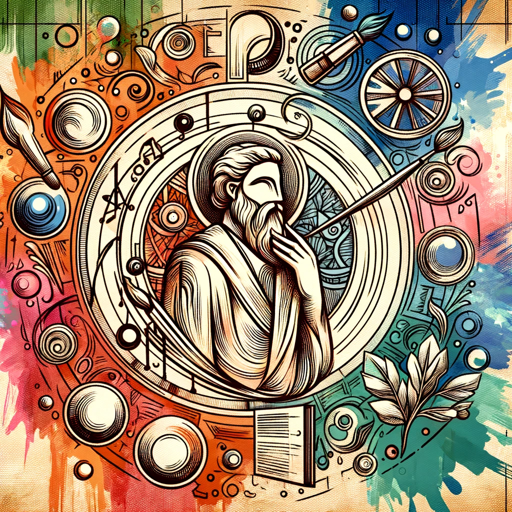
B2B Social Media Strategist
Elevating B2B Brands with AI-Driven Strategies

Pac-Man
Reviving classic arcade thrills with AI

Notion Formulas
AI-powered Notion Formula Assistance

Purrfect Care
AI-Powered Feline Care Expert

Afterlife
Explore the afterlife, powered by AI

Care Coordinator Bot
Empowering care coordination with AI.

Children Book Writer
Crafting Imaginative Tales with AI Magic

O
Enhancing Security with AI Insights

Sales Assessment Navigator
AI-Powered Sales Talent Insights

Inquiries on Tao Te Ching
What is the Tao Te Ching?
The Tao Te Ching is an ancient Chinese text attributed to the sage Laozi, offering profound wisdom on the nature of existence, virtue, and the art of living in harmony with the Tao, or the fundamental principle that is the source of everything.
How can the Tao Te Ching benefit my daily life?
Incorporating its teachings can lead to a more balanced and serene life, encouraging simplicity, flexibility, and a deeper connection with the natural world and one's inner self.
Is the Tao Te Ching relevant to modern society?
Absolutely. Its timeless wisdom on leadership, sustainability, and personal development offers valuable insights for contemporary challenges, promoting peace, understanding, and sustainability.
Can the Tao Te Ching be used for meditation?
Yes, many of its verses serve as focal points for meditation, aiding in the cultivation of mindfulness, tranquility, and insight into the nature of reality.
How do different translations of the Tao Te Ching vary?
Translations can differ significantly in language, interpretation, and emphasis, reflecting the translator's understanding of Taoist philosophy and the linguistic choices that best convey its essence in another culture or context.
